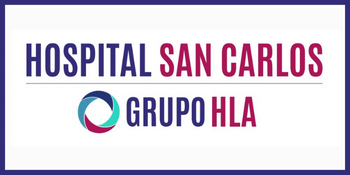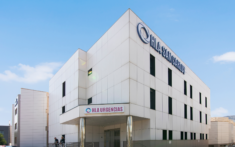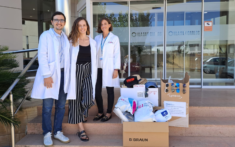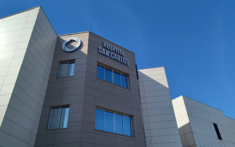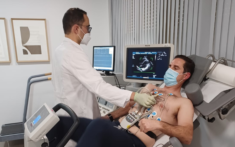Today, 21 in September, World Alzheimer's Day is celebrated and since HLA San Carlos we want to give some advice for prevention and some informative data about this disease that suffers around 7% of the Spanish population.
Alzheimer's is one of the neurodegenerative diseases with the highest incidence in a population in which life expectancy is dilated. According to data from the World Health Organization almost 10 millions of new cases of dementia are diagnosed per year. Although it is one of the pathologies to which the research dedicates more time, the truth is that the cure has not yet been discovered, although we can adopt a series of habits that act as protection factors when developing this disease.
"The course of Alzheimer's can be modified by paying attention to various factors that may in some way delay the evolution of clinical symptoms, that is, all those observable behaviors that inform us that things are not working as they should", explains Rocío Lao Domínguez, neuropsychologist at the HLA Hospital San Carlos Office Denia.
Cerebral reserve vs cognitive reserve
The manifestation of some pathologies, such as Alzheimer's, is modulated by different personal and environmental factors, and one of them is the degree of reserve. There are two kinds of reserve: the cerebral and the cognitive. The first is the one that corresponds to the most innate capacities of the brain, and is related to the brain size, density of synaptic connections and the number of neurons, among others. Characteristics according to which people would be more or less resistant to brain damage that may occur.
On the other hand, the cognitive reserve refers to the most plastic capacity that the brain has, that is, it is the part that can be modified and that is related to the cerebral plasticity. "This is the capacity that allows us to face and cope with all the damage or deterioration that may occur in our brains ", explains the professional of the HLA Group.
Among the different tips to mold the plasticity of the brain, the specialist advises to carry out activities of educational, cultural, social and leisure level, such as performing tasks that demand cognitive effort, learning new things like playing an instrument or another new skill, besides maintaining activities and an active social life. It is important to maintain a healthy lifestyle, a balanced diet, physical exercise, abandoning habits such as smoking and alcohol, and try to promote good routines to keep the brain active, promoting its plasticity and establishing new synaptic connections through training cognitive.
In short, both types of reserve are fundamental in facing damage or deterioration of the brain.
Family and friends as part of the treatment
All the positive aspects that come from social support influence a person's psychological and cognitive strengthening, ie strong social networks keep the mind active and can help prevent Alzheimer's or delay its symptoms.
"We try to work from an integrative perspective, where not only the patient, but also his family, his social network and other professionals are contemplated. Faced with this situation, it is essential to give emotional support to family members, who are often the main caretakers, once the diagnosis has been made, as well as throughout the evolution of the illness ", clarifies the neuropsychologist, and adds that "We must consider the family as the closest social circle, serve as a guide and provide support. In this way we promote a greater knowledge about the disease and its management, avoiding those negative aspects that can derive from the care and the direct or indirect effects on the person that is attended to ".
This circle is taught to confront the conflict of the new situation and to give adjusted alternative answers, trying to find a balance between the needs of the person being served and personal needs.
It is important to address all those activities that increase the patient's functionality, improving their quality of life and favoring the best adaptation to this new scenario. "These do not eradicate the disease but allow the symptomatology to appear much later," concludes HLA specialist San Carlos.



